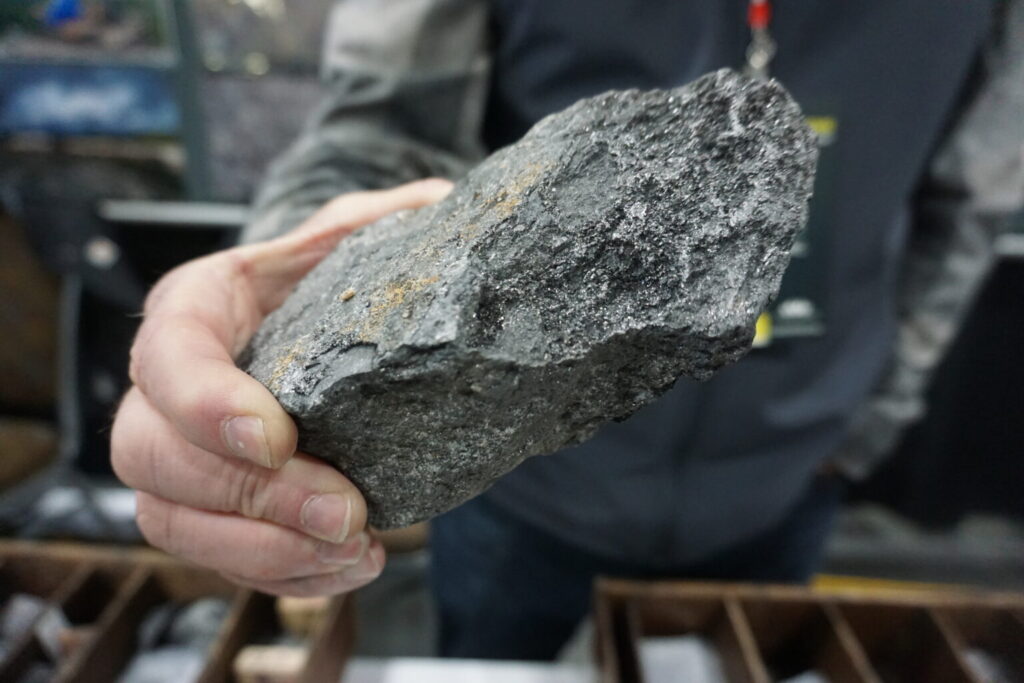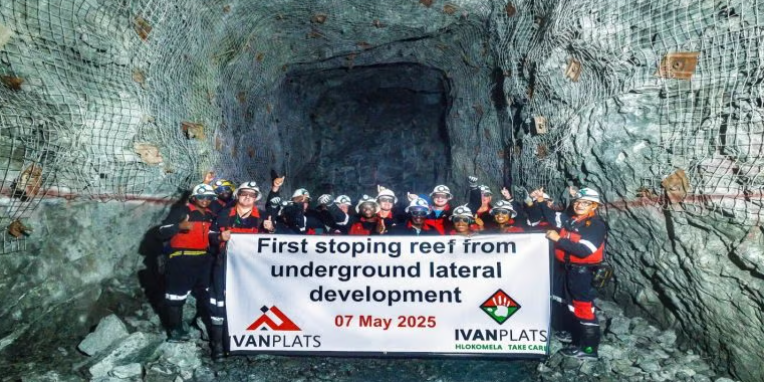
Australian mining company Syrah Resources has regained access to its Balama graphite mine in Cabo Delgado, northern Mozambique, following a series of illegal protests that had disrupted operations.
The announcement was made on Monday, May 5, after authorities intervened to restore order.
In a statement, the ASX-listed miner said it had signed a formal agreement with local farmers and government officials in April, leading most protestors to cease their activities.
However, a small group continued blocking access “without legitimate reason” until law enforcement cleared the area on May 3 and 4, allowing Syrah to safely re-enter the site.
Syrah confirmed that support teams have been mobilized for inspection, maintenance, and camp operations, with the goal of restarting production and shipments according to schedule.
The mine had been shut down for months due to community unrest, initially sparked by disputes over the resettlement of agricultural land.
Tensions later escalated due to broader political unrest tied to Mozambique’s recent elections.
As a result, Syrah has not produced graphite for three consecutive quarters, and sales have been suspended pending a production restart.
Mozambique exports graphite globally, primarily for use in electric vehicle (EV) batteries. Syrah is a key supplier in this space and holds a contract with Tesla.
In December 2023, Syrah declared force majeure and suspended operations at Balama, citing the worsening political and social environment.
The decision led to a 28% decline in its share price and triggered loan defaults on financing provided by the U.S.
International Development Finance Corporation (DFC) and the U.S. Department of Energy (DOE).
The company had previously secured $150 million from the DFC and $98 million from the DOE to support both the Balama mine and a planned U.S.-based processing facility.
The loan defaults were directly tied to the prolonged disruptions. “The impacts and duration of the protests triggered events of default on the company’s loans with the United States International Development Finance Corp. and the U.S. Department of Energy,” the company said.
The broader unrest in Mozambique stemmed from post-election tensions following the October 9 elections, won by Frelimo and its candidate Daniel Chapo.
Opposition leader Venâncio Mondlane refused to accept the results, fueling nationwide demonstrations that left 390 people dead and severely impacted the economy.
In a bid to restore peace, Mozambique’s Parliament unanimously approved a political agreement law in April, revising the Constitution and presidential powers.
The agreement, signed by Chapo and all political parties on March 5, was aimed at national reconciliation.
A symbolic breakthrough came on March 23, when Chapo and Mondlane met for the first time and committed to ending the violence, marking a step toward restoring stability in the country.






